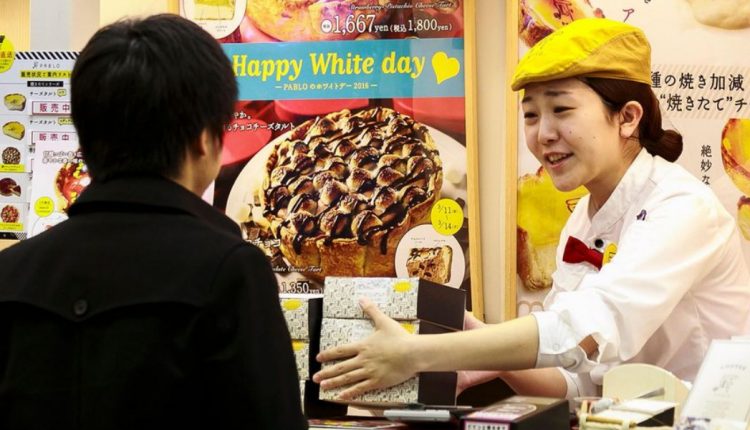Growing up in Japan rarely seems to have become more expensive.
My favorite lunches are always available in 500 yen (3.90 USD, 3.10 GBP) coins and are valid until 2021. The shoes and clothes are the same, with a few minor changes.
I learned to save, to save and to save, and I have repeatedly warned that the value of my childhood home has declined with the collapse of the real estate market in the 1990s. Because of this huge financial loss, parents and many people like them can no longer sell or renovate their homes.
Advertisement
Read more: Naomi Kawase, Japanese filmmaker accused of abusive towards her staff
But if the price of everyday things does not rise, people will not actively spend their money. Businesses are responding by further lowering consumer demand and prices without reducing wages. If you can’t increase your salary, don’t rush to work more often. Taken together, this will slow down Japan’s economic growth. Japan has been in a vicious circle for decades.
Japan’s wealth stagnated as Asia became richer. Japan’s GDP per capita (Japan’s economic output per capita) has remained at the same level since the 1990s. In 2010, it surpassed China to become the world’s second largest economy. Part of the government’s efforts to raise inflation in Japan’s economy have been wage increases.
“There is a lot of pressure from society and the government to increase wages, but we need to increase productivity,” Niinami said.
“But it is difficult to suddenly increase productivity. There are many industry partners in one area, so we need to come together as one. ”
Read more: Japan to open to tourists after two years but only with masks, insurance, guides
Niinami said Japan should invest in new sectors, such as eco-innovation or healthcare, to boost the economy and create new jobs to increase average wages. He also hopes that the government will work hard to attract foreign investors. But all this takes time, and job creation is just one of many problems that Japan has been struggling with for decades.
The only reason for the weakening of the yen in the near future could be the influx of foreign tourists who want to spend their money in Japan, but the borders have reopened after COVID-19.


